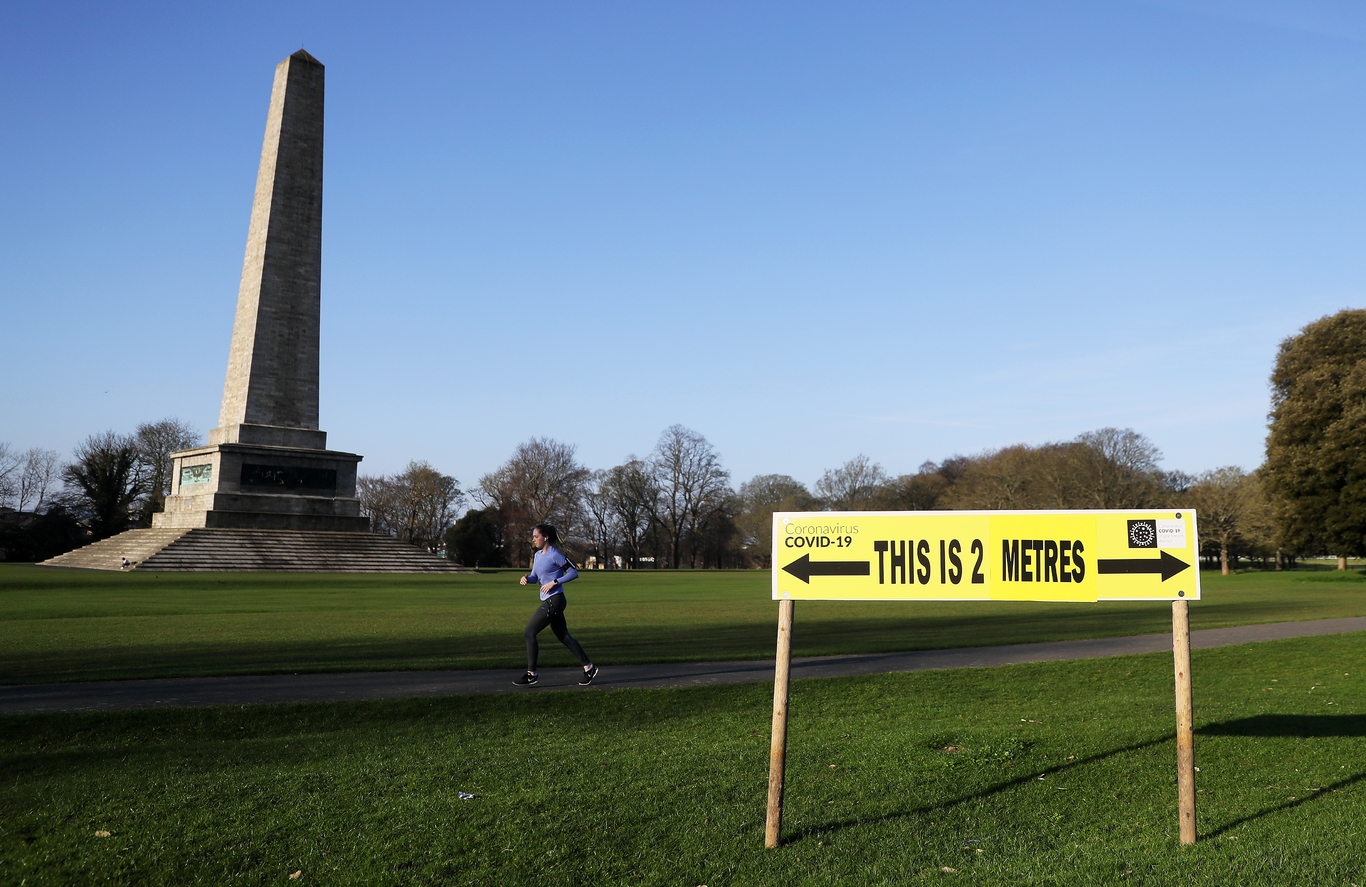Covid-19: Ireland's economy is heading for a recession
This evening’s main points for business
IN THIS TURBULENT time, Fora is going to bring you updates every morning and evening on the most relevant issues for Irish business dealing with the outbreak of Covid-19. Here are the main points this evening, March 26 at 5.20 pm. We want to know how your business is dealing with the outbreak, drop us a line at news@fora.ie
With severe restrictions hitting businesses as Covid-19 continues to spread around Europe and the US, governments are trying to deal with the economic impact.
In Ireland, the Dáil is meeting for 12 hours today to debate more emergency legislation in an effort to fight the spread of Covid-19. Our colleagues over at TheJournal.ie have the latest details.
Economic deterioration
In a release this morning, the Economic and Social Research Institute (ESRI) said that scenario analysis suggests the Irish economy will fall into recession in 2020 as a result of economic deterioration caused by Covid-19
According to the ESRI, given the uncertainty around the current virus outbreak it is not possible to undertake traditional economic forecasts, but instead it sought to provide a scenario analysis which attempts to assess the economic impact of the current restrictions and closures.
“At this juncture, we assume that these measures stay in place for a 12-week period and the economy recovers afterwards. Under this scenario, the Irish economy would shrink by 7.1% in 2020. Consumption, investment and net trade would all fall sharply; households would cut spending, firms would cancel or postpone investment and external demand for Irish goods and services will fall,” it said.
The labour market, which had been in a position of strength before the spread of the pandemic, is set to face the largest one quarter shock in living memory. “Under the scenario the unemployment rate increases to 18% in Q2 up from 4.8% in the previous quarter, as over 350,000 people lose their jobs,” It added.
The general government balance, which had been expected to be in surplus at the start of the year, would register a 4.3% deficit according to the forecast.
“This is as a result of the significant fall in revenues the exchequer will face due to the contraction in the economy. It also reflects the significant increase in spending the government will implement in order to support workers who have lost their jobs, assist businesses facing declines in revenue and provide additional health expenditure needed to combat the virus,” it said.
The ESIR noted that this current scenario may turn out to be too benign and added that “as events are unfolding rapidly, we will revisit these scenarios more frequently than our traditional release pattern”.
Market gain ground
Stocks shot higher Thursday as investors brushed aside a record surge in US unemployment benefit claims, instead focusing on progress towards a massive stimulus plan and a pledge by world leaders for a “united front” in the fight against the coronavirus pandemic.
European stock markets gained ground for the third day in a row:
- Ireland’s Iseq closed up by around 4.5%;
- London’s FTSE 100 was up by 2.2%;
- Europe’s Stoxx 600 index was up by 0.9%.
G20 nations pledged a “united front” on Thursday in the fight against coronavirus, saying they were injecting $5 trillion into the global economy to counter the pandemic amid forecasts of a deep recession.
Get our Daily Briefing with the morning’s most important headlines for innovative Irish businesses.
Note: This piece will be updated with additional information during the day. With reporting from AFP






